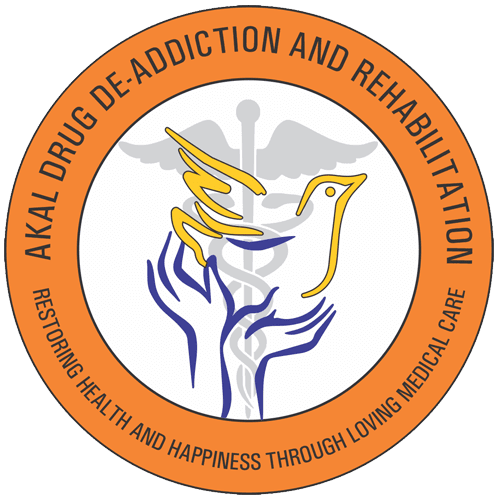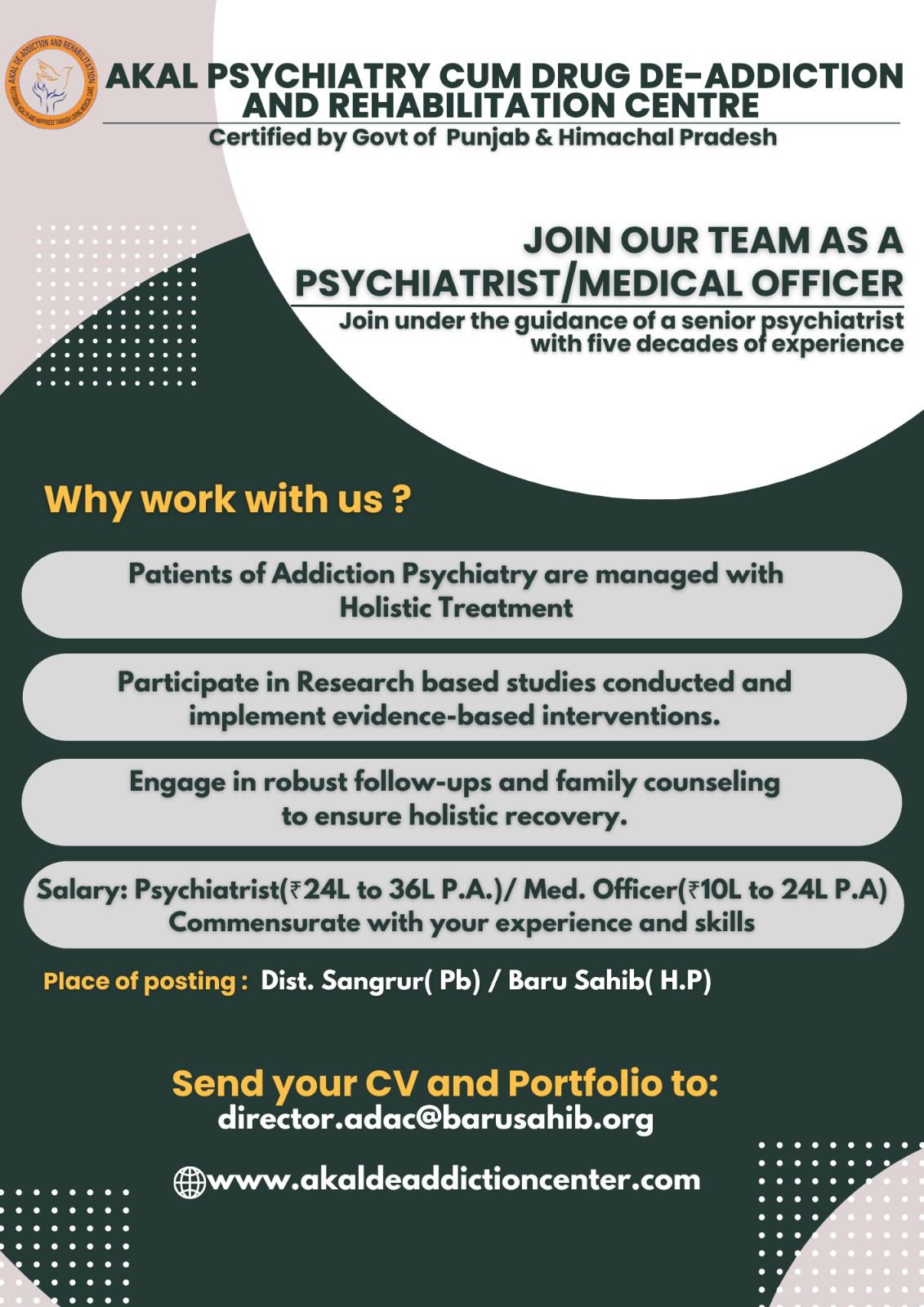
In the realm of behavioural health, treating drug Drug-Addiction requires a multifaceted approach that goes beyond traditional methods. One powerful yet often underutilised tool is spiritual therapy. As a psychiatrist, I’ve seen first-hand the profound impact it can have on patients’ journeys to recovery. Here are some key points to consider when incorporating spiritual therapy, particularly through practices like daily prayers and meditation, into your treatment approach:
1. *Cultivating Inner Peace*: Drug Drug-Addiction often stems from a deep sense of inner turmoil. Spiritual therapy, including practices like meditation and prayer, can help individuals cultivate inner peace. These practices teach patients to quiet their minds, find solace in the present moment, and develop a sense of calm amidst life’s challenges.
2. *Building Spiritual Strength*: Drug-Addiction can leave individuals feeling spiritually bankrupt. Spiritual therapy offers a path to rebuilding that strength. By connecting with their spiritual beliefs, patients can rediscover a sense of purpose and meaning in life, which can be a powerful motivator in their journey to recovery.
3. *Fostering Connection*: Drug-Addiction can be isolating, leading to feelings of loneliness and disconnection. Spiritual practices often emphasize community and connection, providing patients with a sense of belonging and support. Group prayer or meditation sessions can be particularly impactful in this regard.
4. *Promoting Mindfulness*: Mindfulness is a key component of many spiritual practices. By teaching patients to be more present and aware of their thoughts and feelings, spiritual therapy can help them better understand the underlying causes of their Drug-Addiction and develop healthier coping mechanisms.
5. *Providing Guidance*: Spiritual beliefs can offer a moral compass for individuals struggling with Drug-Addiction. Spiritual therapy can provide patients with a framework for making positive choices and navigating challenges in their recovery journey.
6. *Relapse Prevention*: Perhaps most importantly, spiritual therapy can be a powerful tool in preventing relapse. By helping patients develop a strong sense of self and a deep connection to something greater than themselves, spiritual practices can provide the strength and resilience needed to resist the temptation of drugs.
In conclusion, incorporating spiritual therapy, such as daily prayers and meditation, into Drug-Addiction treatment can offer profound benefits. It helps patients find inner peace, build spiritual strength, foster connection, promote mindfulness, and provide guidance. These effects empower patients with the equipoise, stability, firmness, and strength to combat feelings of powerlessness, vulnerability, and helplessness. By integrating spiritual therapy into holistic healing approaches, behavioural health workers can provide a more comprehensive and effective path to recovery, aiding patients in overcoming Drug-Addiction and finding lasting peace and fulfilment.


